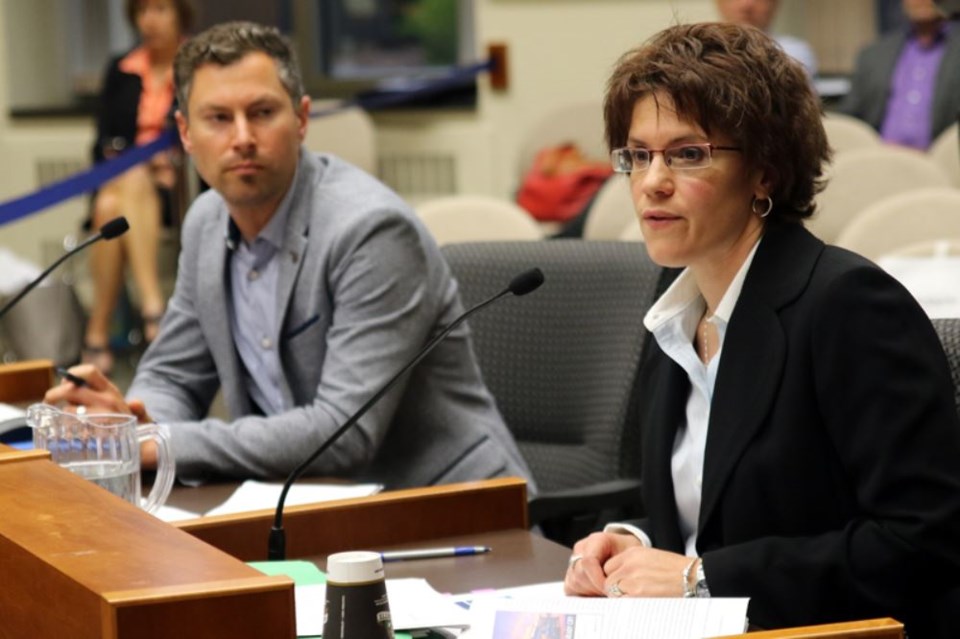THUNDER BAY – The city is reducing its energy consumption as fossil fuel cost incerases loom in the province's cap-and-trade law.
According to the EarthCare Committee’s annual report, investment and awareness efforts in 2015 resulted 1.4 million kilowatt hour decrease in electricity use, a two per cent decline from 2014.
The municipality’s carbon dioxide emissions have fallen five per cent in 2015, which amounts to a 1,476-tonne decrease. Natural gas use declined 13 per cent to 920,871 cubic metres and diesel use dropped seven per cent to 217,289 litres.
Those figures are all included in the 4.4 per cent overall decline in greenhouse gas emissions the municipality has conserved since 2009.
“It’s something we want our employees to look at, to make good decisions with respect to energy management and it also may reduce consumption so then we can move into a cost avoidance situation,” said energy analyst Vanessa DeGiacomo-Zwaresh, who oversees the city’s corporate energy management plan.
EarthCare representatives were not able to quantify the impact of those reductions financially but believe the investments Thunder Bay is making will pay dividends in the long term, especially the Climate Adaptation Strategy council passed in December.
“Investing in the Climate Adaptation Strategy was a huge commitment by council and I think it’s going to have a lot of value going forward -- things that will cost money but in the end, will have a lot more dividends in terms of benefits to our community, citizens and our municipal governance,” said sustainability coordinator Brad Doff.
“We’ve proven that in our adaptation strategy for folks who need the business case.”
It’s not clear what new costs the city will incur from the province’s new cap-and-trade legislation but its best estimates suggest diesel costs could increase by 4.7 cents per litre and gasoline might go up by as much as 4.3 cents per litre. While natural gas could rise by 3.3 cents per cubic metre, the city has no best guess on the increasing cost of electricity.
Doff said the municipality is well positioned to respond to that change.
“It’s going to add costs up front but it’s an accelerant factor for us to continue to ask, how do we conserve? How do we explore renewables? How do we transition from a carbon economy? That’s ultimately the goal and council is behind that.”
